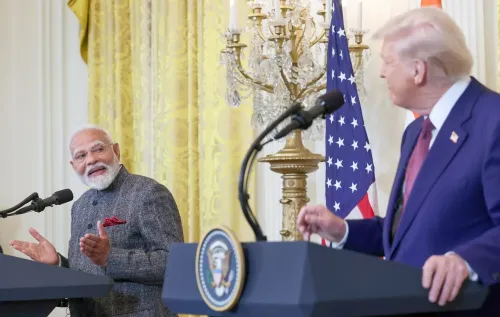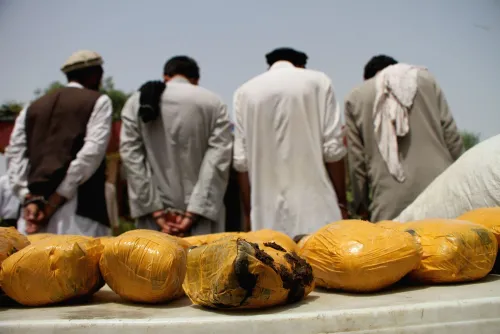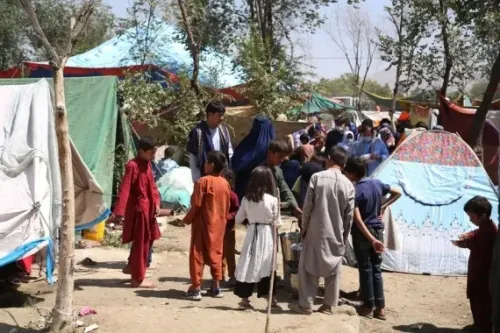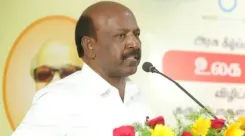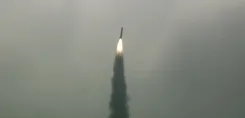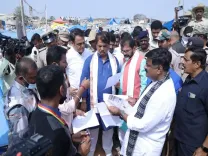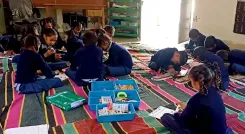Why are Baloch Human Rights Activists Condemning Pakistani Authorities?
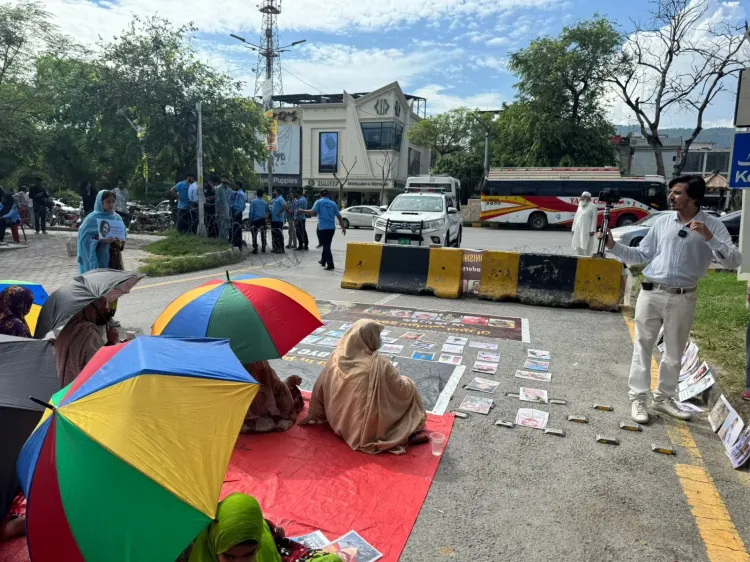
Synopsis
Key Takeaways
- Baloch families are protesting for the release of missing persons.
- Authorities have increased police repression against the protestors.
- The protest highlights a broader issue of human rights violations in Pakistan.
- Solidarity and awareness from the public are crucial for change.
- The demand for justice is rooted in Pakistan's Constitution.
Quetta, July 24 (NationPress) A prominent Baloch human rights organization, Baloch Yakjehti Committee (BYC), has accused Pakistani authorities of intensifying their repressive measures as Baloch families continue their sit-in protest in Islamabad for the ninth consecutive day. This ongoing demonstration demands the release of BYC leaders and an end to enforced disappearances.
“Rather than addressing legitimate demands, Pakistani authorities have ramped up intimidation and harassment. There is a heavy police presence, and roads leading to the Islamabad Press Club have been sealed off to isolate and suppress the protest. Following protest hours, police have begun to trail and threaten students and family members at their private homes, pressuring them to vacate their residences,” the BYC stated.
“This systematic targeting of peaceful protestors, including women, the elderly, and children, is not just a breach of democratic rights; it is a calculated act of cruelty aimed at dismantling their resolve. Nonetheless, despite facing intimidation and harassment, these women and children remain steadfast. Their resilience is a remarkable act of defiance, and they will persist in their struggle,” it added.
The BYC has called for an immediate end to these repressive measures and urged conscious citizens, journalists, and human rights defenders to raise their voices in solidarity, emphasizing that “silence now equates to complicity.”
Meanwhile, Paank, the Human Rights Department of the Baloch National Movement, released a report on the protest titled 'Families of Baloch Missing Persons Under Legal Fault Lines in Islamabad', pointing out that led by women and accompanied by children, these families were exercising their constitutionally protected right to peaceful assembly.
However, instead of receiving empathy, justice, or legal recourse, they were confronted with harassment, intimidation, and a blatant violation of their rights, being obstructed from holding their protest outside the National Press Club in Islamabad.
The rights body reported that on the very first day, as monsoon rains hit Islamabad, families attempted to set up a simple tent for shelter. However, they were obstructed by police and individuals in plain clothes thought to be affiliated with Pakistani intelligence, particularly the Inter-Services Intelligence (ISI). The report further noted that uniformed police officers stood by, offering no help or protection, while actively preventing families from establishing the tent or continuing their protest.
“In the subsequent days, Islamabad authorities escalated their efforts to isolate and suppress the protest. Roads surrounding the National Press Club were blocked, limiting media access and cutting off families from logistical support. Buses were employed to forcibly remove protestors, echoing the violent crackdown on the families of Baloch missing persons, and using the phrase ‘deport them to Balochistan’, clearly implying that the Baloch belong to a different country,” the report stated.
“These protestors are not political adversaries, militants, or troublemakers. They are families. They are citizens. Their demand is straightforward: if their loved ones are accused of crimes, let them be presented before a court of law. If not, they should be released. This demand is firmly rooted in Pakistan’s Constitution,” the report concluded.


